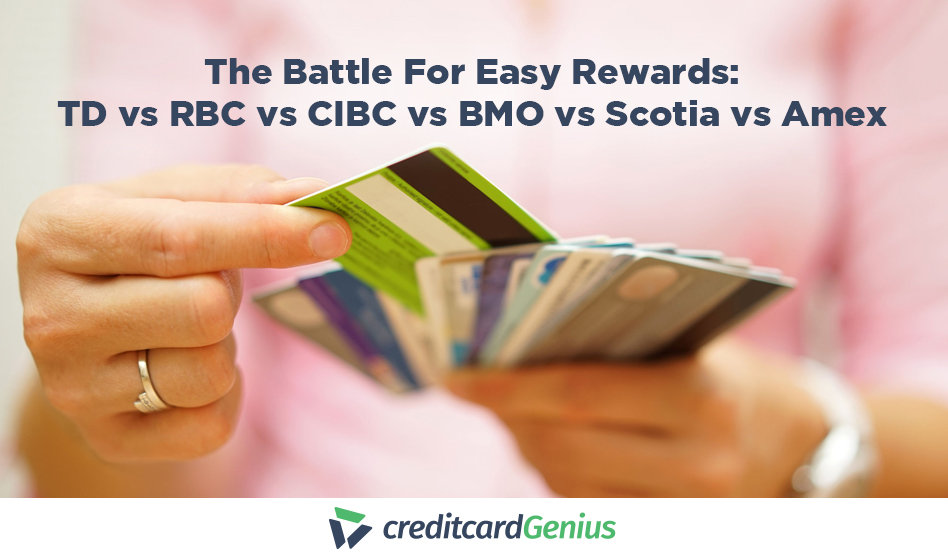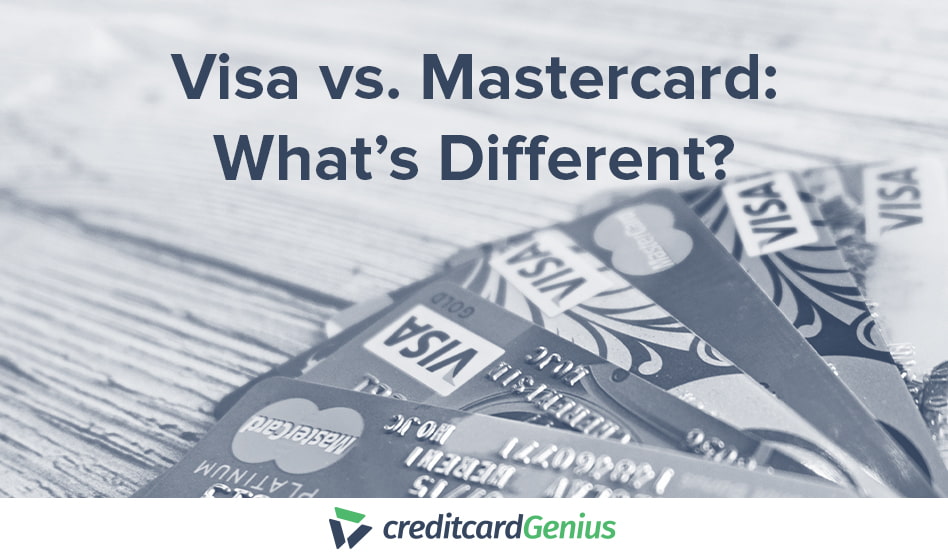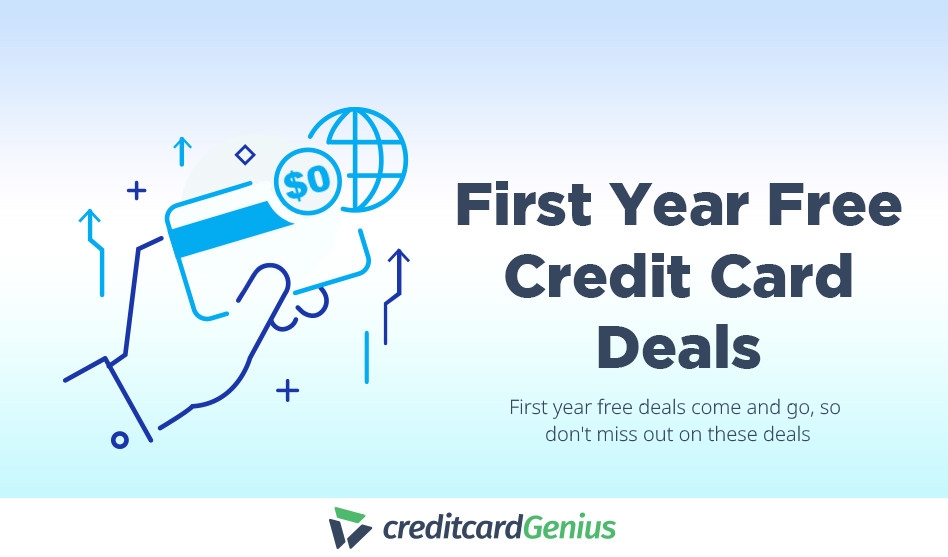Cash flow management might sound like a complicated business term, but it’s essentially just tracking your company’s income and expenses. Since the goal of any for-profit business is to make money, cash flow management is critical.
After giving you a quick overview of cash flow and cash management, we’ll show you how the right business credit card can help you manage cash flow. A great credit card will earn you rewards and make it easier to track business expenses.
Key Takeaways
- Cash flow management is the monitoring of a company’s income and expenses.
- A cash flow statement shows an itemized breakdown of income and expenses to reveal a company’s net cash flow.
- Using a business credit card responsibly can free up cash flow by earning rewards and making it easier to track expenses.
Never miss an amazing deal again + get our bonus 250+ page eBook for FREE. Join 50,000 other Canadians who receive our weekly newsletter – learn more.
What is cash flow and cash management?
Cash flow is a business term that indicates the amount of money that flows in and out of a company.
If more cash is flowing in than flowing out, that indicates a net profit, and the balance in your bank account will start to increase.
On the flip side, if more money is going out than is coming in, then you're losing money faster than you can make it.
Like many things in business, there’s an equation you can use:
Total cash inflow - total cash outflow = net cash flow
For example, if you have a small business that brought in $90,000 last year (total cash inflow), but you had $25,000 in business expenses (total cash outflow), you’d be left with $65,000 net cash flow for the year.
What qualifies as income?
To help you sort through your company’s cash flow, start by listing your income. This can include:
- Interest from investments
- Money from customer sales
- Funding from business loans
- Money from selling assets like investments or real estate
- Funding from investors
- Royalties
- Licensing agreements
Basically, anything that's bringing you in money counts as income.
What qualifies as expenses?
You’ll also need to track the money leaving the business, which can include:
- Cost of materials
- Employee payroll and benefits
- Tax obligations
- Advertising expenses
- Rent and utilities
- Liabilities and long-term debts
As you can see, anything that costs you money is an expense.
The cash flow statement
If someone asks for your cash flow statement, here’s a great example of what they’re looking for. Keep in mind that this example is greatly abbreviated to give you a general idea.
| Income | |
|---|---|
| Sales | $6,000 |
| Interest on savings | $100 |
| Total Income | $6,100 |
| Expenses | |
|---|---|
| Rent | $2,000 |
| Salaries | $1,500 |
| Goods | $1,000 |
| Internet & Phones | $200 |
| Total Expenses | $4,700 |
| Cash Flow | |
|---|---|
| Total Income | $6,100 |
| Total Expenses | $4,700 |
| Cash Flow | $1,400 |
In our fictitious example, the cash flow is a positive $1,400.
That's because the amount of sales the company is making is more than enough to cover all the related expenses – and then some.
Using a business credit card to help with managing cash flow
With the right credit card, you can decrease your expenses, leading to an increased cash flow. Here are a few ways to get the most out of your credit card.
1. Have a clear separation between your spending
A business credit card is a great way to keep your personal expenses separate from your business ones, but this only works if you’re diligent about using each card for specific purposes.
Make a point of only using your business card for legitimate business expenses. On the flip side, don’t use your personal card for business expenses (even if you score a better deal), since it will be harder to track those purchases later.
2. Use credit card rewards to pay for expenses
If you're putting a big chunk of your business expenses on your credit card, you'll be earning some valuable rewards at the same time.
Need to do some travel for your business? Use your rewards points to help pay for a portion of your expenses.
Have some office supplies you need to buy? See if you can turn your points into what you need.
And of course, if you get a cash back credit card, you can use the cash back to pay for any of your expenses. Just note you may have to pay taxes on your rewards (find out when rewards can be taxable).
3. Use your included insurance
Many credit cards include insurance, which is only useful if you know what’s covered and you make a point of using it.
Say you buy a computer on your business credit card, and it stops working after 18 months. Assuming your credit card comes with an extended warranty, rather than buying a new one or paying to get it repaired, your credit card may cover the cost of getting it fixed. Consider it money saved.
And of course, if you're travelling, credit cards can have travel insurance included as well. Imagine you're about to fly home from a business trip, and a snowstorm hits, leaving you stranded. Well, you can get at least some of those expenses back if your card offers flight delay insurance.
To learn more about coverage types and limits, read the certificate of insurance that comes with your credit card.
4. Make your payments on time
Credit cards offer many benefits, but low interest rates usually aren't one of them.
Because of that, it's important to always make your payments on time. If you miss payments, you’ll lose any rewards you've earned that month, your balance might be subject to a higher interest rate, or your account could be frozen.
Since typical credit card interest rates are around 20%, you’re essentially adding another expense to your business that’s totally unnecessary.
5. Track employee expenses
Do you have employees who need to make purchases? There are some advantages to giving them a business credit card.
You'll be able to keep the rewards that were earned on those purchases, and you can save on paperwork trying to reimburse your employees.
Worried they may abuse their credit cards? Most banks offer free insurance that covers employee abuse of your credit card as well.
Best business credit cards
Interested in a business credit card? There aren't that many options in Canada – but you do have some gems to choose from.
Here are some of the better options currently available:
| Credit Card | Annual Fee | Welcome Offer | Features | Apply Now |
|---|---|---|---|---|
| RBC Avion Visa Infinite Business | $175 | 25,000 bonus points (terms) | * 1.25 points per $1 spent on the first $75,000 in annual purchases * 1 point per $1 spent afterwards * Up to 25,000 bonus points | Apply Now |
| BMO® Ascend World Elite®* Business Mastercard®* | $149 | Up to 70,000 100,000 bonus points (terms) | * 4 points per $1 on gas, office supplies, and cell phone/internet bills * 1.5 points per $1 spent on all other purchases * Two lounge passes with Travel Pass | Apply Now |
| American Express® Aeroplan®* Business Reserve Card | $599 | Up to 90,000 bonus points (terms) | * 3 points per $1 spent on Air Canada * 2 points per $1 spent on hotels and car rentals * 1.25 points per $1 spent on all other purchases | Apply Now |
| CIBC bizline Visa Card for Small Business | $0 | None | * Low interest rates * Low income requirements | Apply Now |
| Loop Card | $0 |  $100 GeniusCash + None $100 GeniusCash + None | * 1 point per $1 spent on all purchases * No foreign exchange fees for USD, Euros, or British Pounds | Apply Now |
FAQ
What do you mean by cash flow management?
Cash flow is the money that comes into a business and the expenses that flow out of a business. Businesses have to balance income, like sales and investment interest, against expenses like salaries, loans, and rent.
What are the five rules of cash flow?
In a nutshell, the five rules are: keep your records clean and transparent, follow proper collection procedures, manage your expenses, create an emergency fund, and keep your business and personal expenses separate.
What is cash flow management vs. budgeting?
Think of budgeting as creating a framework for future spending, while cash flow helps you manage the day-to-day income and expenses of your business. Following a budget can improve your cash flow.
Why is cash flow management important?
A successful business needs to manage its debt while becoming profitable and paying its employees. Being able to comfortably balance expenses and profits can help a business prove to be reliable and grow.
What is the best business credit card?
The best business credit card in terms of a high rate of return, premium perks, and insurance coverage (it includes 12 types) is the RBC Avion Visa Infinite Business.
creditcardGenius is the only tool that compares 126+ features of 228 Canadian credit cards using math-based ratings and rankings that respond to your needs, instantly. Take our quiz and see which of Canada's 228 cards is for you.









 GC:
GC: 


































Comments
Leave a comment
Required fields are marked with *. Your email address will not be published.